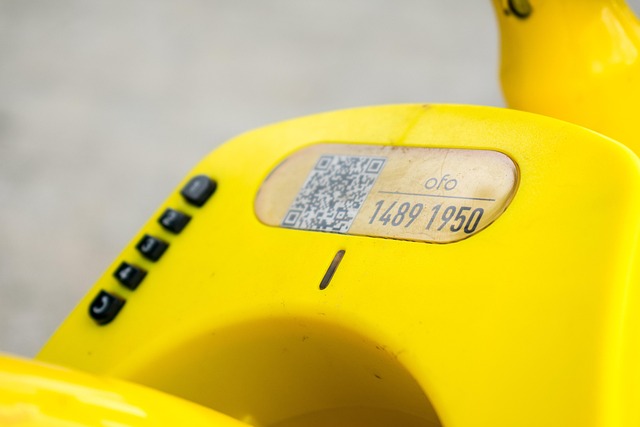In today’s digital age, social media has become a powerful force influencing various aspects of our lives, and its impact on the shared economy, particularly in the context of addiction, is becoming increasingly profound. As we navigate an interconnected world, the implications of social media are felt in every corner, from how we interact with others to how we consume goods and services. In the realm of addiction, this influence is especially nuanced.
The rise of the shared economy has fundamentally changed the way we think about ownership and consumption. Platforms like Airbnb, Uber, and various service-sharing apps have not only disrupted traditional business models but have created a community-driven approach to accessing resources. However, the convergence of the shared economy with social media has opened up new avenues for individuals grappling with addiction.
Social media platforms serve as a double-edged sword in this context. On one hand, they provide a space for individuals to share their experiences with addiction, find support networks, and promote positive narratives around recovery. Users can connect with fellow individuals in recovery, share resources, and find motivation in a community that understands their struggles. This sense of belonging can be pivotal for someone trying to overcome addiction, and social media plays a crucial role in fostering these connections.
On the flip side, social media can also exacerbate addiction behaviors. The shared economy thrives on instant gratification—think of how an app allows you to book a ride or a place to stay within seconds. This immediacy can mimic the behavior seen in various forms of addiction, skyrocketing the risk of developing an unhealthy relationship with consumption, whether that be substances, gambling, or even social interactions themselves. The constant comparison to curated lives online can lead to feelings of inadequacy, promoting behaviors that spiral into addiction as individuals seek solace or escape in temporary fixes.
The interplay between social media and the shared economy thus directly impacts how individuals facing addiction perceive and interact with their struggles. Platforms that encourage shared experiences can either uplift or mislead, providing a lifeline to some while potentially ensnaring others in unhealthy patterns. The very fabric of community that social media promotes can become a double bind for those searching for a sense of belonging while grappling with vice.
Furthermore, addiction treatment programs are increasingly utilizing social media to engage with individuals who may be hesitant to seek help. By leveraging the familiar environment of social platforms, these programs can reach a wider audience and provide meaningful content that resonates with users. From motivational posts to informational videos about the shared economy’s impact and the importance of fostering healthy choices, social media can be a powerful ally in promoting recovery.
The journey through addiction is deeply personal and fraught with challenges, but the influence of social media on the shared economy is an emerging element that cannot be overlooked. As society continues to navigate this digital landscape, it’s imperative to understand the ways in which these concepts intersect and impact individuals’ lives.



